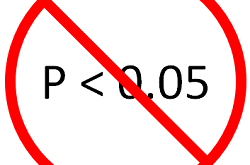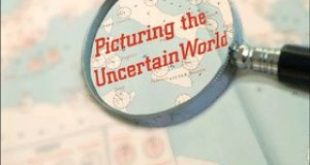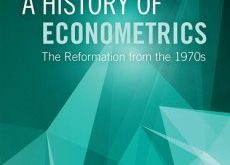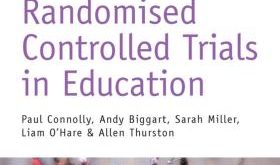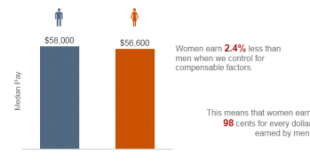Why your friends are more popular than you are [embedded content]
Read More »The skill-luck equation
[embedded content]
Read More »Deborah Mayo on statistical significance testing
Deborah Mayo on statistical significance testing [embedded content] Although yours truly appreciate much of Mayo’s philosophical-statistical work, it is essential to remember that her qualified use of ‘severe testing’ actually is pretty far from the usual day to day practice of significance testing among applied social scientists today. If, however, statistics users stuck to Mayo’s ‘severe testing,’ there would be less reason to criticize the modern...
Read More »Big data — Poor science
Big data — Poor science Almost everything we do these days leaves some kind of data trace in some computer system somewhere. When such data is aggregated into huge databases it is called “Big Data”. It is claimed social science will be transformed by the application of computer processing and Big Data. The argument is that social science has, historically, been “theory rich” and “data poor” and now we will be able to apply the methods of “real science” to...
Read More »Why statistical significance is worthless in science
Why statistical significance is worthless in science There are at least around 20 or so common misunderstandings and abuses of p-values and NHST [Null Hypothesis Significance Testing]. Most of them are related to the definition of p-value … Other misunderstandings are about the implications of statistical significance. Statistical significance does not mean substantive significance: just because an observation (or a more extreme observation) was unlikely...
Read More »The most dangerous equation in the world
The most dangerous equation in the world Failure to take sample size into account and inferring causality from outliers can lead to incorrect policy actions. For this reason, Howard Wainer refers to the formula for the standard deviation of the mean the “most dangerous equation in the world.” For example, in the 1990s the Gates Foundation and other nonprofits advocated breaking up schools based on evidence that the best schools were small. To see the...
Read More »Econometrics — analysis with incredible certitude
Econometrics — analysis with incredible certitude There have been over four decades of econometric research on business cycles … But the significance of the formalization becomes more difficult to identify when it is assessed from the applied perspective … The wide conviction of the superiority of the methods of the science has converted the econometric community largely to a group of fundamentalist guards of mathematical rigour … So much so that the...
Read More »Wald War II
[embedded content] Advertisements
Read More »What RCTs can and cannot tell us
What RCTs can and cannot tell us We seek to promote an approach to RCTs that is tentative in its claims and that avoids simplistic generalisations about causality and replaces these with more nuanced and grounded accounts that acknowledge uncertainty, plausibility and statistical probability … Whilst promoting the use of RCTs in education we also need to be acutely aware of their limitations … Whilst the strength of an RCT rests on strong internal validity,...
Read More »‘Controlling for’ — a methodological urban legend
‘Controlling for’ — a methodological urban legend Trying to reduce the risk of having established only ‘spurious relations’ when dealing with observational data, statisticians and econometricians standardly add control variables. The hope is that one thereby will be able to make more reliable causal inferences. But — as Keynes showed already back in the 1930s when criticizing statistical-econometric applications of regression analysis — if you do not manage...
Read More » Heterodox
Heterodox


